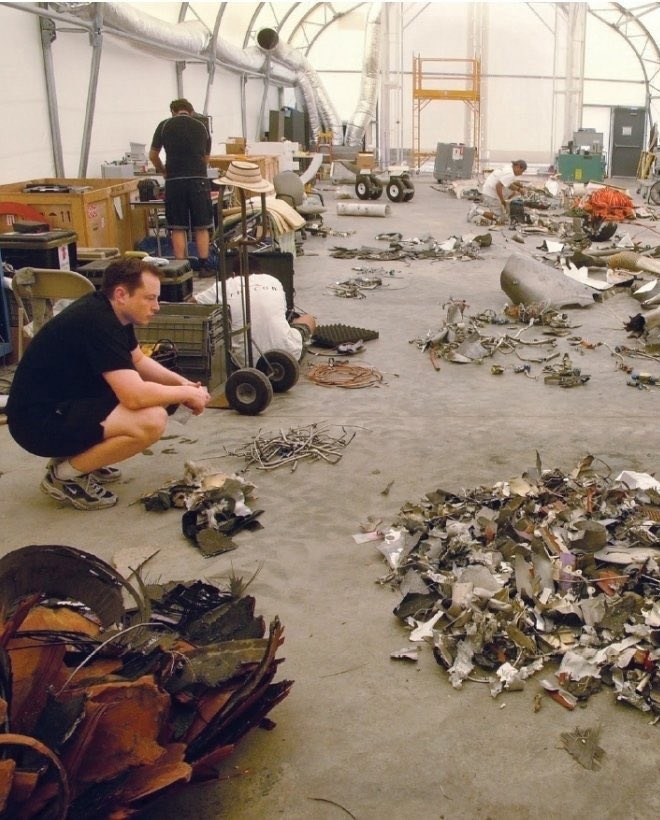
High pain tolerance is a founder's superpower. Marc Andreessen breaks down great founders into two traits and one choice: intellect, energy, and courage. He defines courage as pain tolerance. The ability to get punched repeatedly while pretending everything is fine.
Most people think startups fail because of bad ideas or poor execution. The real reason is simpler: founders quit when the pain becomes unbearable. Every rejection feels personal, every setback questions your sanity, every pivot feels like admitting failure. Those who survive learn to operate normally while everything burns around them.
This trait becomes a competitive moat because most people avoid brain-melting problems. When you can thrive under pressure that breaks others, you get entire markets to yourself. Your competitors go home when things get difficult. You stay and build solutions they won't attempt.
But where does this ability come from? Some founders develop it through experience, while others learn it on the job. Those who've faced significant setbacks before often handle startup challenges better because they've already learned that temporary failure doesn't equal permanent defeat. When rejection hits repeatedly, experienced founders interpret it as part of the process rather than evidence they should quit.
I see this pattern constantly in my deal flow. Brilliant founders sometimes struggle with the gap between analytical ability and emotional endurance. Building something meaningful requires both intellectual problem-solving and the capacity to operate while everything feels uncertain. High pain tolerance bridges that gap by treating setbacks as information rather than personal defeats.
Successful founders treat pain differently. They don't just tolerate it. They use it as information. Bad user feedback means they're talking to real customers. Investor rejections mean they're reaching the right level of ambition. Technical failures mean they're pushing boundaries. Each punch teaches them something that reading about entrepreneurship never could.
What does this look like in practice? It's debugging code at 3am when your product breaks right before a demo. It's hearing "no" from fifty investors while still believing in your vision. It's rebuilding your entire business model when the market shifts overnight. Most people break during these moments. Great founders expect them as part of the process.
Elite founders learn to compartmentalize pain without numbing themselves to learning. They feel the full weight of setbacks but don't let emotional reactions drive strategic decisions. This emotional regulation makes all the difference.
Founders in emerging markets often develop this advantage naturally. They navigate uncertain economies where business conditions change monthly, not yearly. They face limited access to capital, forcing them to prove revenue before anyone believes in their vision.
While founders in mature markets might raise seed rounds to validate ideas, emerging market founders typically bootstrap and prove traction first. This constraint forces them to build sustainable business models earlier and develop higher pain tolerance as a survival mechanism. They learn that resourcefulness matters more than resources.
This advantage becomes clear when you realize that building any startup, anywhere, means signing up for years of uncertainty punctuated by moments of terror. Successful founders don't avoid this reality. They embrace it as the price of creating something meaningful. They understand that enduring the pain is what separates ideas from reality.